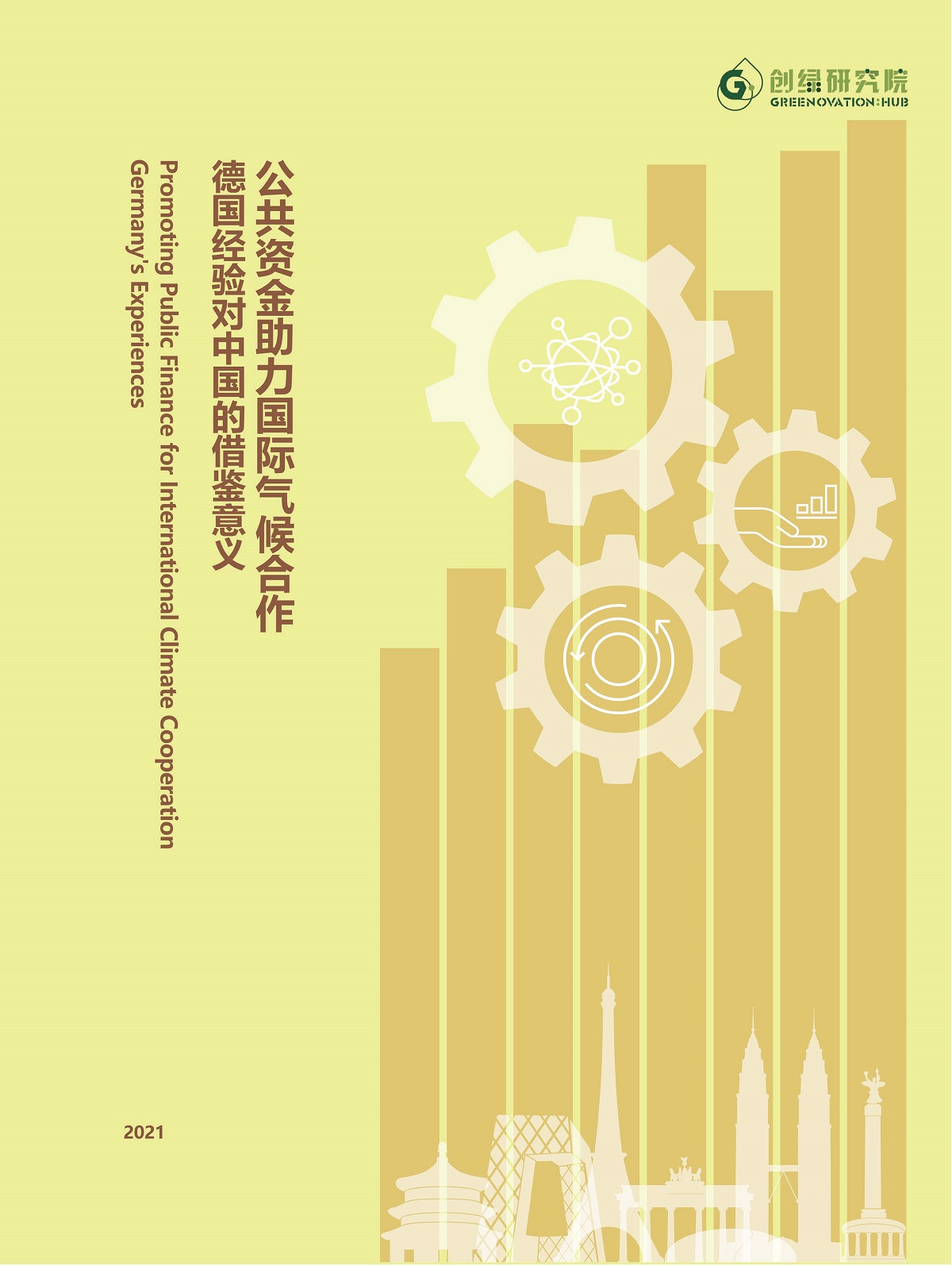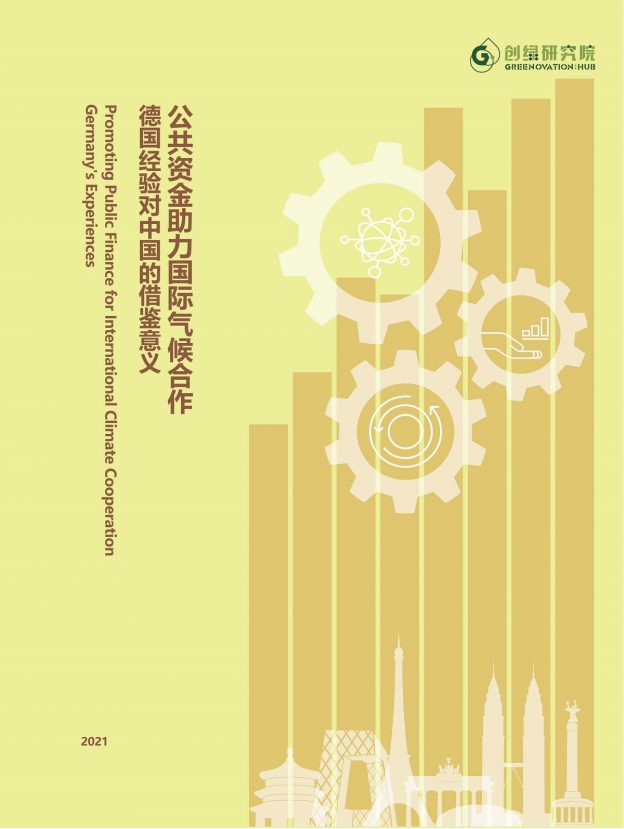
The Paris Agreement committed to make finance flows consistent with a pathway towards low greenhouse gas emissions and climate-resilient development. However, current public finance and private capitals that flow into climate action is far from achieving the goals of the Agreement, so there are urgent needs to steer global financial flows to more sustainable, inclusive and resilient areas through strategies, mechanisms, policies and practices, and to balance the finance distribution in climate mitigation and adaptation, in order to fill in the huge finance gap in climate adaptation.
As the impacts of extreme weather events on developing countries, especially on vulnerable groups grow, it’s urgently needed to mobilize more climate finance to support developing countries to enhance their climate resilience and bridge the climate finance gap through international cooperation. In this process, public finance could play a leading role in leveraging and mobilising financial resources. However, questions regarding ways to establish an appropriate, reasonable, scientific-based and systematic international cooperation framework, to ensure the stable flow of climate finance, to effectively implement international cooperation projects and create climate benefits still require further discussion and research.
As the launch and implementation of a series of initiatives and institutions such as the Belt and Road Initiative (BRI), South-South cooperation on climate change, the Asian Infrastructure Investment Bank (AIIB), China International Development Cooperation Agency (CIDCA) as well as Chinese Society for Environmental Sciences Climate Investment and Finance Association (CIFA), China gradually increases its influence on international climate governance, global poverty eradication and sustainable development, which has also presented new opportunities and challenges for China’s international cooperation on climate change. On the one hand, many developing countries are undergoing rapid urbanization and industrialization process, that involved in BRI and SSC have great developing potential and become the world’s energy hotspots in the next decade. China’s experience and lessons of air pollution control, energy transition, electric vehicles development, as well as its technology and finance resources, could help developing countries shift towards a green, low-carbon and efficient growth. On the other hand, China needs to incorporate climate change into the policy framework, standards and procedures of its international climate cooperation, to facilitate wider and stronger climate cooperation with developing countries. Currently, China has not yet explicitly incorporated climate targets and indicators in the top-level design, evaluation procedures and information disclosure process in its international development cooperation.
China and Germany have had a long-term bilateral climate cooperation and dialogue. Sino-German cooperation in addressing climate change has already been well established. As an OECD member, Germany has been one of the largest traditional foreign aid providers, and has been an active contributor to international climate finance for developing countries under the UNFCCC framework. Therefore, the experiences and challenges of Germany’s public climate finance for international climate cooperation, including its mechanisms, organizational structure and flows, could be a useful reference for China to formulate and improve the policy framework of South-South international climate cooperation.
Against the background of the current status and challenges of global climate finance, this report introduces the overall scale, strategy and mechanisms, financial flows, financing models, assessment and evaluation of Germany’s public climate finance for international cooperation, as well as the cases of Germany’s international climate cooperation through desk research and expert interviews. Based on such analysis, the report finds that German international climate finance cooperation mechanism is not established overnight, but is a gradual process of incorporating climate targets into existing development cooperation. According to Germany’s experience in international climate finance cooperation, this report provides recommendations for China’s public finance to achieve climate-resilient international development cooperation.



 PDF
PDF
